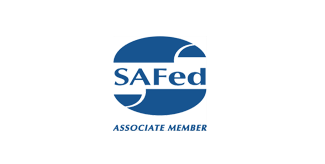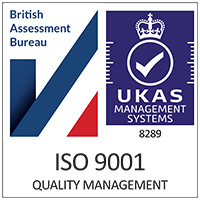The Control of Substances Hazardous to Health (COSHH) regulations play a critical role in ensuring workplace safety across various industries. These regulations are designed to protect workers from exposure to hazardous substances, safeguarding their health and well-being. While COSHH is relevant across many sectors, here are the top 10 industries where compliance is absolutely essential:
1. Manufacturing
Manufacturing processes often involve the use of chemicals such as solvents, paints, and adhesives. Workers are frequently exposed to fumes, dust, and chemical vapors, making COSHH compliance crucial to prevent long-term health issues like respiratory conditions and skin disorders.
2. Construction
Construction workers are regularly exposed to hazardous materials such as cement, silica dust, and asbestos. COSHH regulations ensure that employers provide adequate protective measures like masks and ventilation systems to mitigate these risks.
3. Healthcare
Healthcare professionals handle hazardous substances daily, including cleaning agents, disinfectants, and cytotoxic drugs. COSHH regulations protect staff and patients from exposure to harmful substances, reducing the risk of chemical burns, allergies, and other health complications.
4. Pharmaceutical Industry
The production and handling of medications involve exposure to active pharmaceutical ingredients (APIs) that can be hazardous. COSHH ensures that processes are in place to manage and reduce risks associated with these substances.
5. Agriculture
Farmers and agricultural workers use pesticides, herbicides, and fertilizers, which can pose significant health risks if not handled properly. COSHH regulations mandate safe storage, handling procedures, and personal protective equipment (PPE) to safeguard workers and the environment.
6. Food and Beverage
In this industry, workers may be exposed to cleaning agents, preservatives, and other chemicals used in production. COSHH ensures that these substances are used safely to protect both workers and consumers.
7. Automotive
Workers in the automotive sector deal with oils, lubricants, and cleaning solvents, many of which are hazardous. COSHH compliance involves proper training, storage, and disposal to minimize risks.
8. Beauty and Cosmetics
Salons and cosmetic manufacturers use products containing potentially harmful chemicals like formaldehyde and ammonia. COSHH helps ensure safe usage, storage, and disposal, protecting both workers and clients.
9. Cleaning and Janitorial Services
Cleaners frequently handle concentrated cleaning chemicals that can cause skin irritation or respiratory problems. COSHH regulations ensure the proper labeling, storage, and training to reduce risks.
10. Oil and Gas
This high-risk industry involves exposure to hazardous substances such as drilling fluids, hydrocarbons, and industrial cleaners. COSHH compliance is vital for protecting workers from toxic exposure and ensuring environmental safety.
Conclusion
No matter the industry, adhering to COSHH regulations is non-negotiable when it comes to protecting workers and maintaining a safe work environment. By understanding and implementing COSHH requirements, businesses can not only comply with the law but also foster a culture of safety and well-being.
Is your business fully COSHH-compliant? If you need support in assessing risks or implementing COSHH measures, contact SIS Ltd today for expert guidance.











